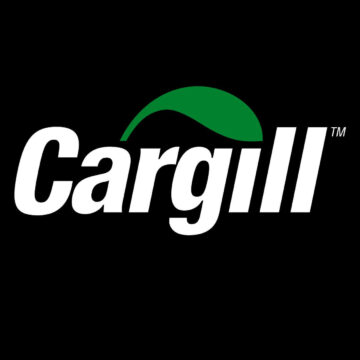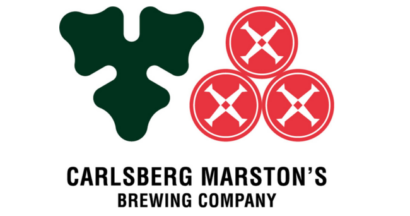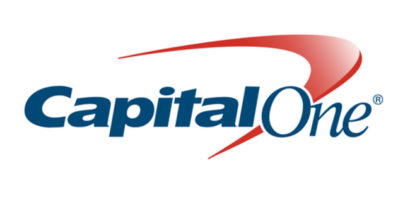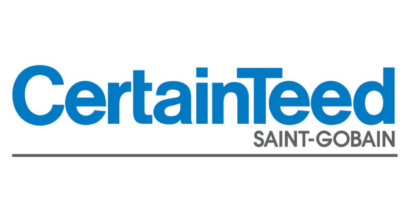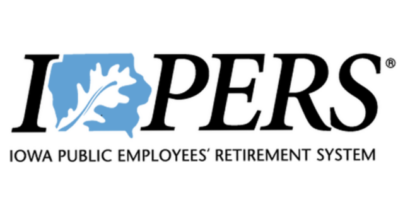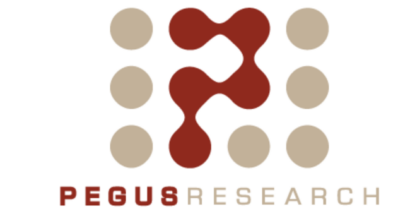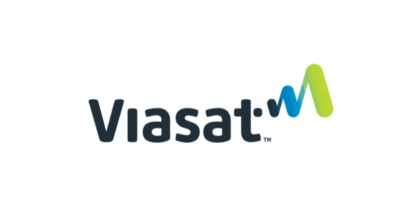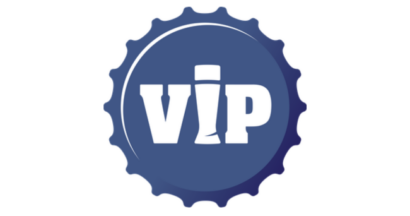 Original Software saves Cargill Global Financial Solutions over $270,000 in a year
Original Software saves Cargill Global Financial Solutions over $270,000 in a year
Cargill Global Financial Solutions, an administrative arm of Cargill, an international food, agricultural, and risk management company, is responsible for designing, modifying, and supporting financial software packages across the Cargill organization globally. Headquartered in Minneapolis, Minn., one of the team’s principal goals is to make the process of rolling out software packages as seamless and painless as possible for the various business environments within its global operations.
Improving quality and quantity without increasing costs
Cargill Global Financial Solutions’ approach to this challenge is founded on building application models, which can then be rolled out to the rest of the organization. Because it deals with core business processes, this can only happen when Global Financial Solutions is happy that models have been thoroughly tested. “We take testing very seriously,” says Product Manager Chip Lee. “We simply will not issue a new release without feeling confident that we have tested it thoroughly.”
With an expectation of at least one major software release per year, Cargill Global Financial Solutions began researching automated testing solutions. A critical consideration was the ability to test applications with unprecedented depth and detail. At the same time, the company sought to improve the quality and quantity of testing and provide consistency without increasing costs.
Global Financial Solutions quickly realized that Original Software was easily one of the most powerful solutions for bringing the necessary process improvements for testing their applications.
We take testing very seriously………we simply will not issue a new release without feeling confident that we have tested it thoroughly.
Changing the testing process
Global Financial Solutions focused on its core processes and examined how to test them manually. It then developed a procedure for automating processes by recording scripts, creating test data, and building test packs for aggressive development and regression testing. Once the core processes were covered, others could be added – either separately or built into one or more of the existing processes.
The team found that the best use of its resources was to create a handful of experts working closely with the product and taking responsibility for developing and building new tests. This also created greater overall consistency in the testing.
Any team member can see if a test relating to a process it is running has already been developed. If not, the member can request its manual test(s) to be added to the automated processes. In this way, Cargill is gradually building up a comprehensive library of tests to cover a huge range of business scenarios for its applications. Upwards of 80 per cent of scenarios can be covered – no small achievement in an organization of the size and complexity of Cargill!
Our members have quickly seen vast improvements in the speed and quality of their test processes.
The payback
Requests to build new tests are scrutinized on a payback-time basis. This is a combination of how long it would take to recoup the time taken to automate the process plus how much time automation will save in subsequent test runs. The team routinely incorporates this time-saved element into all of its test runs, producing a conservative figure for the time and money saved by converting from manual to automated testing. In the majority of cases, even using conservative figures, the payback time is remarkably short. It soon became apparent that huge savings could be achieved.
While the savings varied depending on the complexity of the process involved, they were rarely insignificant. A short run might save just a few hours, but a single run could save hundreds of hours of manual testing for complex processes. Says Chip Lee, “In one example, a process that used to take 260 hours to test manually can now be done in just twelve hours. That’s a savings of around 95 percent!”
As the team’s experience develops, the time it takes to build, implement and maintain tests gets shorter and shorter. That means the payback time becomes quicker and savings grow. For management purposes, the time-saved figures are collated every month. Over a 12-month period, Cargill Global Financial Solutions has conservatively saved more than $270,000.
 Cultural change to testing
Cultural change to testing
Original Software also allowed Global Financial Solutions to completely rethink how it went about testing, heralding a cultural change in its approach to testing. This meant re-educating the testing team members and getting them to accept new working methods, which is always a challenge. Fortunately, this has not been difficult, partly because the solution lends itself well to testing processes and partly because the benefits are clear for all to see. Chip Lee states, “Making this cultural change within our team has not been a problem. Because our members have quickly seen vast improvements in the speed and quality of their test processes, we get more converts every time we automate a new test.”
Conclusion
The benefits of more efficient testing and greater confidence in the development process are passed directly to Global Financial Solutions’ customers – the Cargill business units and functions that ultimately pick up the bill. They see real financial benefits from both time and resource savings, as well as practical operating benefits from higher-quality software.
“Original Software has simply allowed us to do more with less,” says Chip Lee – the mantra of all IT executives. Cargill is looking forward to achieving more cost savings and business benefits as its use grows and develops.
Talk to us





